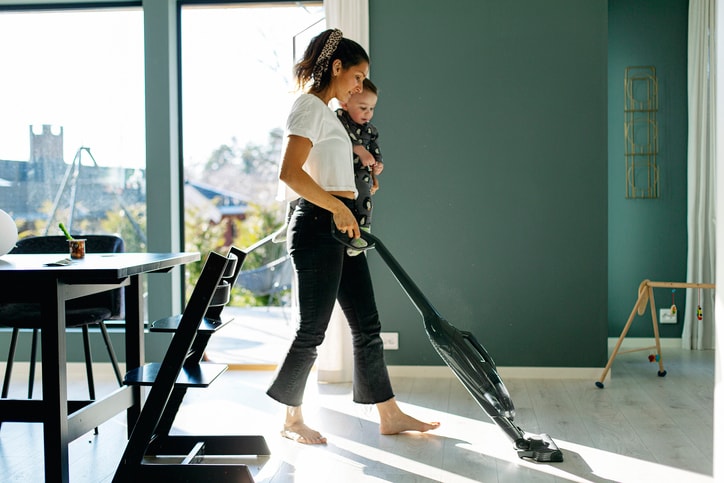When you apply to jobs, families often ask you to bring a resume on your interview. Getting that resume right can mean the difference between getting a job or getting tossed into the recycling bin.
We all make mistakes on our resumes, and employers understand that everyone is human. But when a family receives loads of applicants for just a handful of positions, even the smallest mistakes can lead to immediate disqualification.
To help you avoid any possible hiccups, here are seven common mistakes to watch out for:
- Lack of Clarity
“Be clear about the work you are seeking,” says career coach Steve Langerud. “Provide a brief professional summary that identifies the key skills you wish to use, the people you wish to serve, and the environment that most interests you in order to give direction and context to the reader.” - Unknown Availability
Career expert at Resume Genius, Mark Slack, notes that “one of the most important pieces of information to include on a caregiver resume is availability. Caregiving often requires working extremely late or early hours and on weekends. Give the employer some indication of your available hours to help them to assess your fitness to do the job. This will help you land more interviews, especially if you have high availability.” - Burying the Lead
As they say in journalism, get your Bottom Line Up Front. Langerud recommends that you make sure to highlight all of your degrees, certificates, licenses, languages or special trainings at the top of the page. “Move these up front to establish quick credibility and context for your resume. This is a simple evaluation tool for employers to narrow the pool.” - Losing Track
Avoid filling up empty space on your resume with irrelevant information, advises Michael Lan, senior resume consultant at Resume Writer Direct. “You want to present yourself as a candidate who is well-rounded, but do not include immaterial experiences that will only bore the reader. One common mistake is listing a bunch of duties and responsibilities from your previous positions.” Try to steer clear of creating a laundry list of past positions that may not be pertinent to the job that you currently want. - Skipping the Spell-Check
“Make sure that your resume does not have any typos, spelling errors, grammatical errors, or missing information,” adds Lan. “Checking and re-checking your resume, as well as having someone provide an additional, objective perspective, can go a long way.” - Dizzying Design
Langerud recommends that you stick to a simple style for your resume. “This is not about design. We read from left to right and top to bottom. Use bullet point lists for easy reading and only one font size and style. Highlight sparingly and use only bold.” - Not Staying Balanced
“Make sure to have a proper balance between soft and technical skills in your resume and don’t lean too much towards one or the other,” says Lan. “As a caregiver, you want to show that you are a compassionate person and have great communication skills, but also that you have a plethora of technical skills developed from your professional experiences.”“Overall, remember that the resume exists only to get you an interview,” concludes Langerud. “Keep it simple, direct, and easy to read.” Avoid these common mistakes and you’ll have no trouble getting your foot in the door.
Tiffany Smith is the director of content and publicity at William Woods University. She has written for All You, Time for Kids and the Boston Globe. And, as a former babysitter, she knows a lot about fun games to play with kids. Getting them to eat their veggies — that’s a different story! Follow her on Twitter at @tiffanyiswrite.


